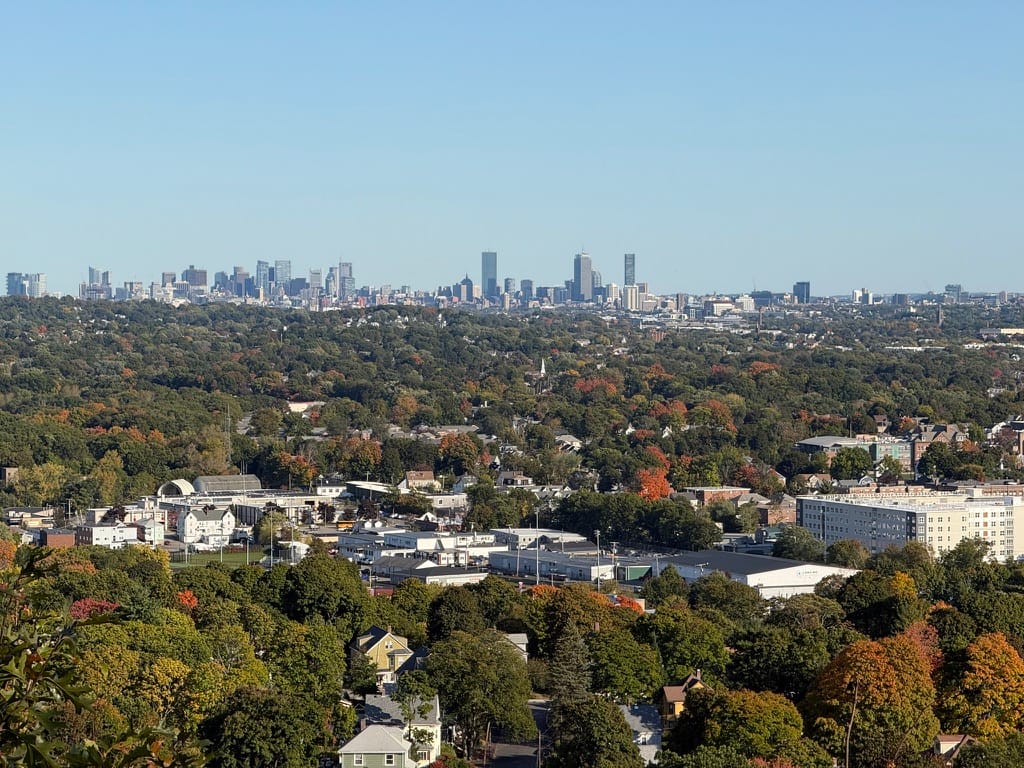The MBTA Communities Law is a recent housing initiative that requires cities and towns served by the Massachusetts Bay Transportation Authority (MBTA) to create zoning districts that allow multifamily development near public transit. The goal is to encourage smarter growth patterns, reduce reliance on cars, and address the state’s housing shortage by increasing the supply of transit-oriented, multifamily units.
Implementation and Requirements
Under this law, each affected city and town must ensure that a designated zoning district allows multifamily housing “as of right” (meaning no special permit is needed). These districts must meet specific density and size requirements set by the state, typically within a half-mile radius of a transit station. Municipalities that fail to comply risk losing access to certain state funds and grants.
Impact on the Real Estate Market
By expanding zoning for higher-density housing, the MBTA Communities Law is sparking a wave of new development opportunities. Developers are eyeing areas near train, subway, or bus stations for multifamily projects, and property owners in those neighborhoods may benefit from rising land values. At the same time, increased housing supply could eventually help moderate soaring home prices and rental rates which is especially critical in Boston’s tight market.
What to Watch Going Forward
Local Revisions: Towns and cities may need to amend existing zoning codes, which can lead to debates over building heights, parking requirements, and preserving neighborhood character.
Infrastructure Demands: As more people move closer to transit, demand for improved public transportation, walkability, and amenities will grow. One thing to watch will be how this new wave of housing will create greater accessibly to some of Massachusetts and the country’s best public school systems.
Market Shifts: While more housing could ease shortages, it also creates competition for existing homes in these commuter neighborhoods.
The MBTA Communities Law will take some time to be implemented and see results. Overall, it geared to create a balanced approach to housing, sustainability, and economic growth. Do you think this will create positive growth in the Commonwealth?






